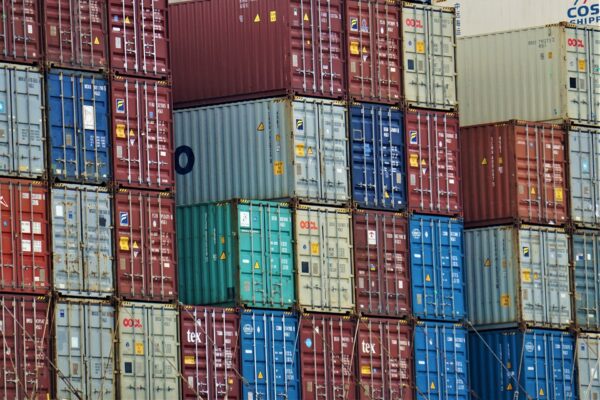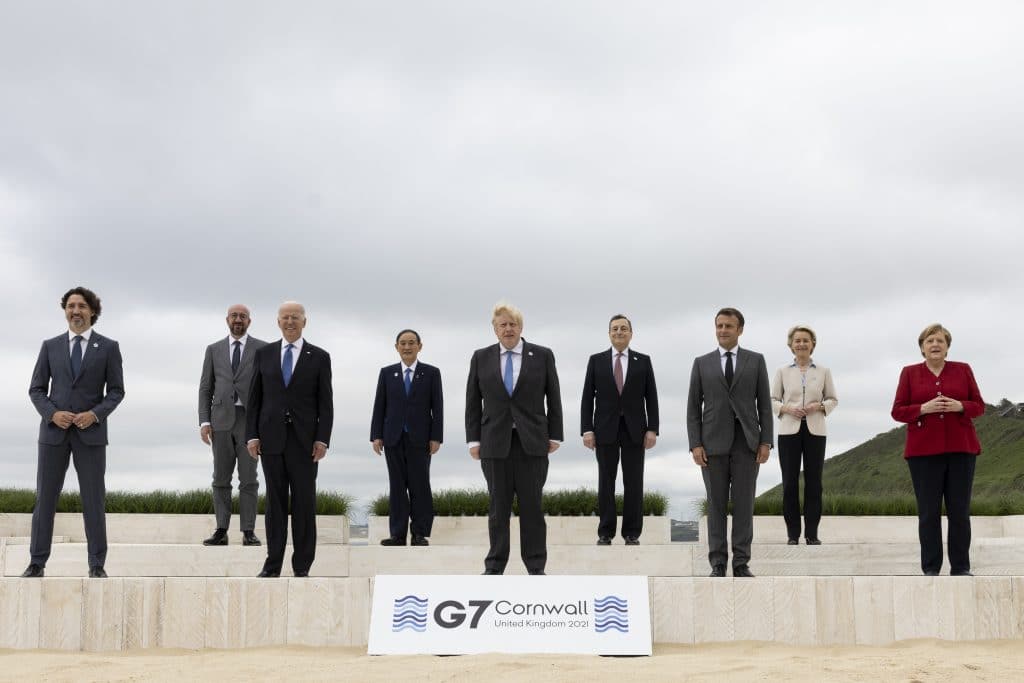Picture: supplied
That’s the view of two UNSW economists who analysed the global trade implications of Donald Trump’s US presidential elections win.
Canberra will need to quickly to seek tariff exemptions, says Richard Holden, Professor of Economics at UNSW Business School.
“If Trump goes ahead with across-the-board tariffs or very significant tariffs on China, that could easily usher in retaliatory tariffs and an era of deglobalisation – and that would be very bad for the US economy, for the global economy, and for Australia in particular,” he says.
And Australia would be caught in the crossfire of any counter-tariff retaliation from countries like China and European nations, Prof Holden says.
“China might do the same thing and say, ‘Well, if the US is going to impose big tariffs on Australia … then we’ll have big tariffs on Australia’. That would be really bad for all of our exports,” Prof. Holden says.
EARLIER: Trump’s tariff threat targeting Canada, Mexico, China
There was also the potential for a “big hit” on the Chinese economy with a falling domino effect on the Australian economy.
“If that’s the case, then they won’t need as much steel, which means they won’t need as much iron ore,” he says.
“That means they won’t need as much energy which means they won’t need as much Australian coal so, there could be a very significant hit on our exports across the board.”
This point was echoed by Petr Sedlacek, a Professor of Economics at UNSW Business School.
Even if tariffs were not imposed directly on Australian goods, he said, they might still have an indirect negative impact.
“This is because the planned import tariffs have China in particular in their sights. If actioned, Chinese exports and overall economic performance are likely to drop,” he said.
“Given that China is a major export market for Australian firms, such an event would have negative consequences for the Australian economy.”
 TARIFF EXEMPTIONS
TARIFF EXEMPTIONS
The best thing Australia could do at the outset was to lobby the new US government for an exemption, says Prof. Holden.
And he believes Australia is well placed through the likes of former Australian Ambassador to US Joe Hockey and Kevin Rudd (the current ambassador) although there is cause for caution.
“This kind of abandonment of the rules-based international order doesn’t suit Australia,” he says.
“I’m not sure anyone’s particularly well suited to dealing with that because it goes against the type of approach that both sides of politics in Australia have taken over a very long period so, Australia is not all that well suited to dealing with that, and it will be a real challenge,” Prof. Holden says.
In the bigger picture of world trade, Australia did not have much leverage on the US, Prof. Holden said.
“It’s a time where Australia is not going to have an important seat at the table,” he says.
“This is not a job for the Australia’s foreign minister. This is going to be a set of negotiations between Trump and the likes of Xi and Putin. As to how that shakes out, I think Australia will be a bystander and an observer, unfortunately for businesses here.”
TOMORROW: resilience will be needed


 TARIFF EXEMPTIONS
TARIFF EXEMPTIONS



